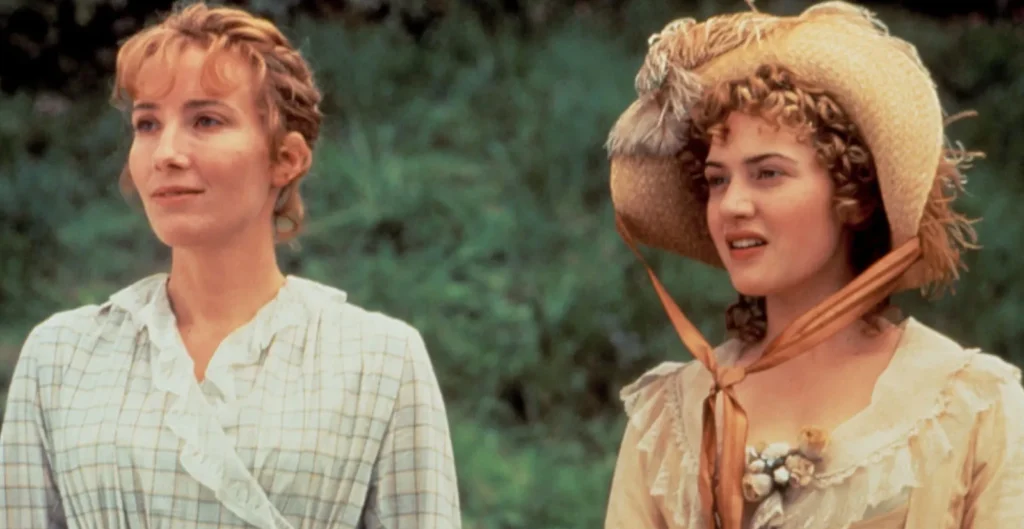The Metamorphosis: Franz Kafka
Franz Kafka’s The Metamorphosis is not a tale about monsters, fantasy, or magic. It is the quiet, painful story of a man who wakes up one day and realizes that his life has slipped beyond his control. It’s about alienation. About being unseen, unheard, and unloved, even by those closest to you. At its heart, it’s a story of emotional transformation, not just physical.
Gregor Samsa wakes up one morning and finds himself unable to move like before. His back is stiff, his legs are many and thin, and he can’t even get out of bed properly. In the grey light of early dawn, he lies there, staring at the ceiling, wondering how his life changed overnight. Gregor, once a hardworking traveling salesman, has turned into a monstrous insect.
The first thing on his mind is not fear or horror. It’s work. He worries about being late. He thinks of how demanding his boss is, how he must not lose his job because his family depends on him. The pressure sits heavier than his insect shell. He struggles to move, but his new body does not obey like it used to. Every movement is clumsy, slow, and painful.
From outside the door, his family calls him. His mother’s voice is filled with concern. His father’s voice is stricter, impatient. They don’t know what’s going on behind the locked door. Gregor tries to speak, but his voice has changed. It’s no longer human. It’s a series of high-pitched, garbled noises. They can’t understand him. He can’t make them understand.
Then the office manager arrives. Gregor’s boss has sent him to check on why Gregor hasn’t shown up. The pressure mounts. Gregor panics. He forces himself to crawl to the door. He struggles with the lock using his new limbs. When he finally opens it, he’s met with horror. His family gasps. The office manager backs away in fear. Gregor stands there, not knowing what to do. He is no longer a man in their eyes. He is something else. Something terrifying.
The manager runs away. His parents can’t believe what they’re seeing. His father chases him back into his room with a cane and a newspaper, pushing Gregor through the door like some pest. Gregor, confused and hurt, crawls back into the dark.
And so begins Gregor’s quiet, painful descent into isolation.
At first, his sister Grete takes care of him. She brings him food, though he finds himself unable to eat the things he once liked. His new tastes are strange. Old, rotting food appeals more to him now. Grete notices this and adjusts, trying her best to help him. She’s the only one who shows any kindness, the only one who enters his room.
But even Grete cannot bear to look at him directly. She avoids eye contact. She walks quickly. She’s afraid, even while helping. Gregor notices it all.
His mother tries to help once. She comes into the room, but faints when she sees what her son has become. Gregor hears her fall. He hears Grete scream. Then, once again, his father enters the room with rage. He throws apples at Gregor. One apple strikes deep into his back and gets lodged there. The pain is unbearable. Gregor retreats under the couch and doesn’t come out for days.
That injury never heals.
As time passes, the family begins to forget who Gregor used to be. They no longer talk to him. His room becomes more like a storage space, filled with unwanted furniture and dust. The door stays closed. He listens to the sounds of their life outside: meals, footsteps, quiet conversations. But no one speaks his name. No one checks if he’s okay.
Once, Grete and the mother decide to remove some furniture from his room, thinking it might give him more space. But Gregor clings to a picture on the wall, the only thing that reminds him of his human life. In that moment, he realizes that even the few remaining pieces of his identity are slipping away.
He wants to call out, to stop them, to tell them not to take everything. But they can’t understand him. His voice has no meaning anymore.
The family struggles financially. With Gregor unable to work, his father finds a job as a bank messenger. His mother takes up sewing. Grete gives music lessons. The house grows quieter. The energy that once filled their home is gone, replaced by fatigue and resentment.
Gregor hears them talk about money, about guests, about rent. He hears his name less and less. When they do speak of him, it’s in whispers. Like he’s no longer part of the family.
One evening, they bring in three lodgers to earn extra income. They eat dinner together in the living room while Gregor hides in the dark. The family is tense, trying hard to impress the guests. But then Grete begins to play the violin. Her music floats through the house. For a moment, something inside Gregor stirs. He remembers beauty. He remembers love.
He crawls out of his room, drawn toward the sound. Not to scare anyone. Not to cause trouble. Just to be closer to something human again.
But the lodgers see him and shout. They threaten to leave without paying. The family panics. Grete, now exhausted and hardened, says what no one has dared to say.
“We have to get rid of it.”
Not “him.” It.
She says they’ve done enough. They’ve tried. But it’s too much. Gregor is no longer her brother, she says. If he were, he would have left on his own. He wouldn’t make their lives so miserable.
Those words break whatever was left inside Gregor. That night, in the quiet of his room, he lets go.
He lies still, barely breathing. He thinks of his sister, of how kind she was at first. He remembers his job, his plans, the life he once had. But all of it feels distant now. His body is weak. His soul is tired.
By morning, he’s gone.
The cleaning woman finds him. She tells the family without emotion, “It’s dead.” Not Gregor. Just “it.”
The family breathes a sigh of relief. The burden has lifted.
They decide to take the day off. They go out for a walk. The sun is shining. For the first time in a long while, they talk about the future. They plan to move to a smaller, brighter apartment. Grete is growing up, they say. She’s strong, beautiful. Ready for marriage.
They leave behind the apartment, and with it, the memory of Gregor. Life moves on.
Gregor’s life ends not with violence, but with silence. A silence filled with loneliness, rejection, and forgotten love.
Themes that Rise from the Story
Kafka’s The Metamorphosis isn’t just about a man turning into a bug. It’s about what happens to people when they are no longer useful. It’s about how quickly love can vanish when someone becomes a burden.
Gregor was once the provider. He carried the weight of his family’s comfort. But the moment he became dependent, he was treated like a stranger. Even like a thing.
This story reveals the loneliness that often hides in daily life. Before his transformation, Gregor was already isolated. His job kept him away from home. He had no friends. No time for himself. His life revolved around paying off his father’s debt. He was not truly living. He was surviving.
Kafka also questions identity. Who are we when we can no longer fulfill our roles? Gregor’s identity was tied to his job, his responsibilities. When he loses those, he loses his place in the world. Even his family forgets who he used to be.
The transformation is symbolic. Gregor didn’t just become an insect physically. Society, his job, and even his family had already reduced him to something small, something unnoticed. His new body simply made it visible.
The story also reminds us how painful it is to lose connection. Gregor never stops loving his family. He never tries to harm anyone. Even when hurt, he hides. He listens. He waits. He hopes for kindness.
But kindness never comes.
In the end, even his death is quiet. No one mourns. No one remembers the boy who gave up everything for them.
Only the reader does.
Kafka does not give us a clear lesson or moral. He gives us a mirror. He shows us the reality of how people are treated when they no longer serve a purpose. He asks us: How do we see others? Do we recognize their worth when they can no longer give us anything?
The world Kafka paints is cold, but familiar. We’ve all seen people ignored, cast aside, forgotten. Sometimes, we’ve felt that way ourselves.
And that’s why this story, strange as it may seem, continues to resonate. It speaks to a quiet pain that many carry—the pain of being unseen, unheard, unloved.
In Gregor’s story, we don’t just see a man turned into a bug. We see ourselves. Our fears. Our silent suffering. Our longing for love that remains, even when everything else is lost.

At its heart, The Metamorphosis is a story of silent suffering. It speaks about what happens when someone becomes invisible to the people they love. Gregor gave his whole life to his family, sacrificing his dreams, his comfort, even his health. But the moment he needed care, he became a burden. Not a son. Not a brother. Just “it.”
Kafka shows us how fragile love can be when it’s based only on usefulness. When Gregor could no longer earn, his worth disappeared in the eyes of others. The story quietly asks: Is love still love when it vanishes the moment you’re no longer helpful?
It also explores identity and isolation. Gregor’s physical transformation only revealed what was already true—he was alone, unappreciated, and unseen long before he became an insect. His silent cries for connection, his desperate need for kindness, went unheard.
Conclusion
Gregor didn’t die because of his transformation. He died from loneliness, from the quiet pain of being forgotten by those he loved most. His death brought relief to his family, not grief. They moved on, while he faded into silence.
But Kafka doesn’t want us to forget him.
Through Gregor, we are reminded of how deeply people can suffer behind closed doors. How easy it is to overlook someone’s pain. And how dangerous it is to forget that every person—no matter how changed, how broken—is still someone who longs to be seen, understood, and loved.
If you’re interested in a visual summary or prefer an auditory experience, consider watching the following videos, which provides an insightful analysis of Kafka’s The Metamorphosis:


